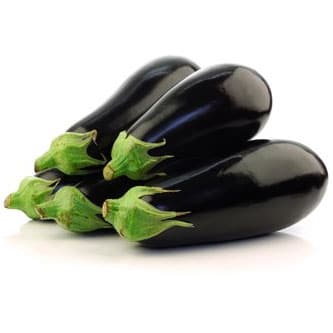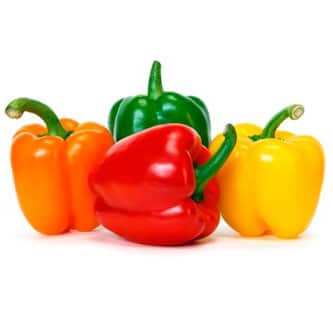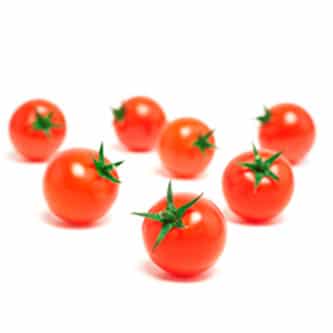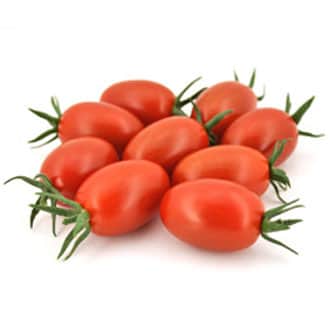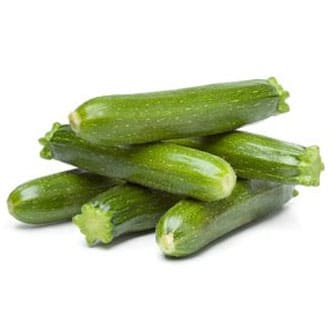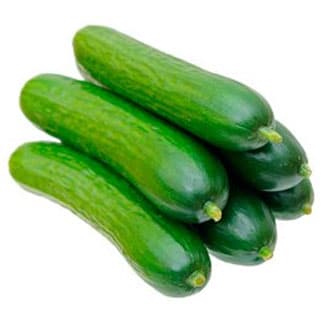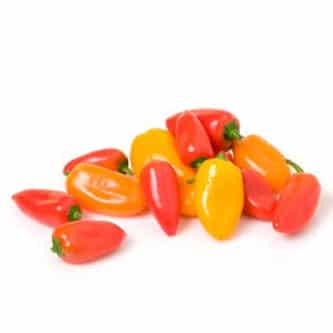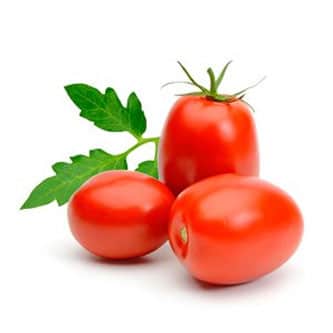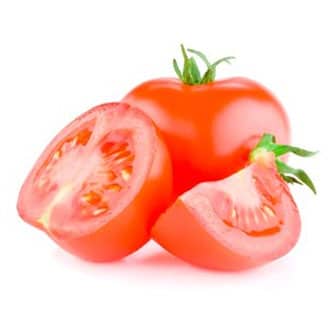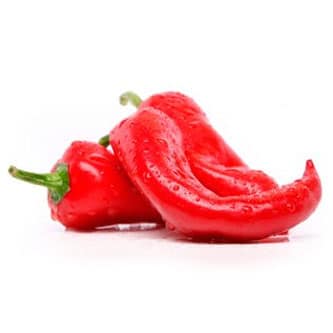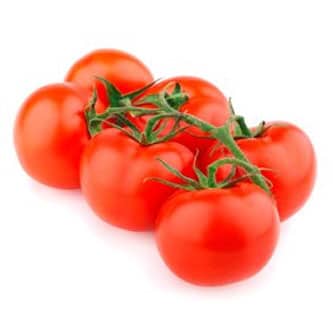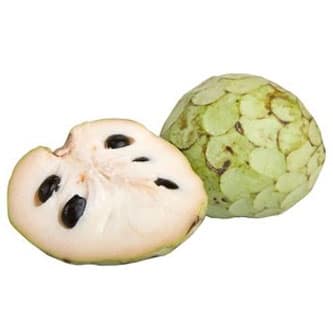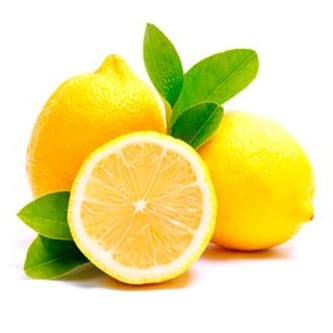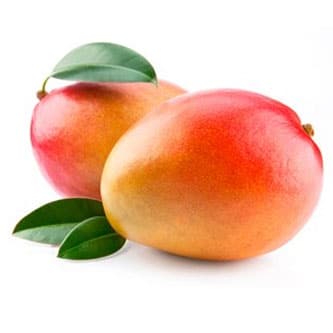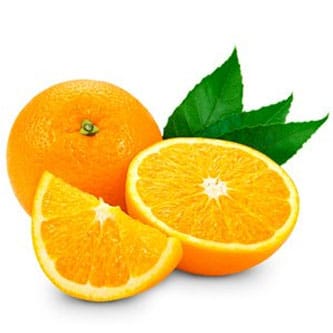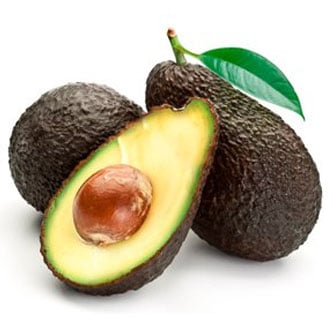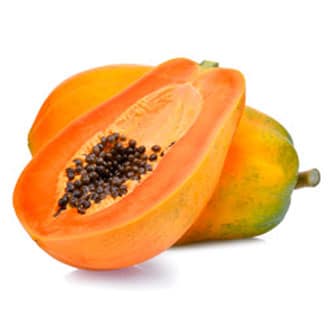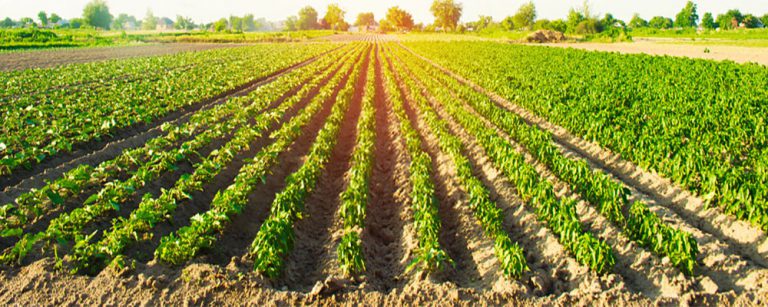
Pomegranates
Date
9 KG LOOSE
EP 44
AIR 72
OTHER PACKAGING
2.204 BOXES
SIZES (pieces)
30
36
40
Spanish Pomegranates
Pomegranates is a fruit with exceptional nutritional characteristics. Actually, this fruit is a berry, about 6-12 cm in diameter and weighs, on average, about 200g. It is round and red, like an apple but with a stem that resembles the shape of a flower. The skin is thick and resistant, so it is not edible. While inside there are hundreds of seeds, or arils: sweet, juicy and pink. These are seeds that are eaten alone or in juice.
These fruits are rich sources of vitamins, minerals and fibre while not having anything of cholesterol or fat. However, also they contain enough carbohydrates. A cup of aryls, which corresponds to a piece of fruit, contains approximately 20% of the recommended daily allowance (RDI) fibre; 30% of the RDI for vitamin c; 36% of the RDI for vitamin k and about 15% of folate and potassium.
The most characteristic compounds of the shells, which make them so beneficial and unique, are punicalagin, an antioxidant very powerful, and punicic acid, which has potent biological effects. Antioxidants eliminate free radicals and have anti-inflammatory effects, preventing many diseases such as cancer, diabetes and arthritis. In addition, these compounds along with vitamin c, an antioxidant also help to have a better cardiovascular health and a better functioning of the immune system.
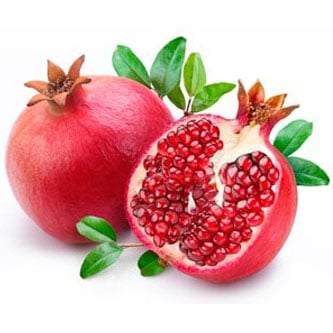
- Under the thick, tough skin are hundreds of sweet and juicy seeds, or arils, they are edible.
- It is an exceptional source of vitamins and minerals, but also have enough sugar.
- Characteristic has two compounds: punicalagin and punicic acid which are what give these unique properties.

